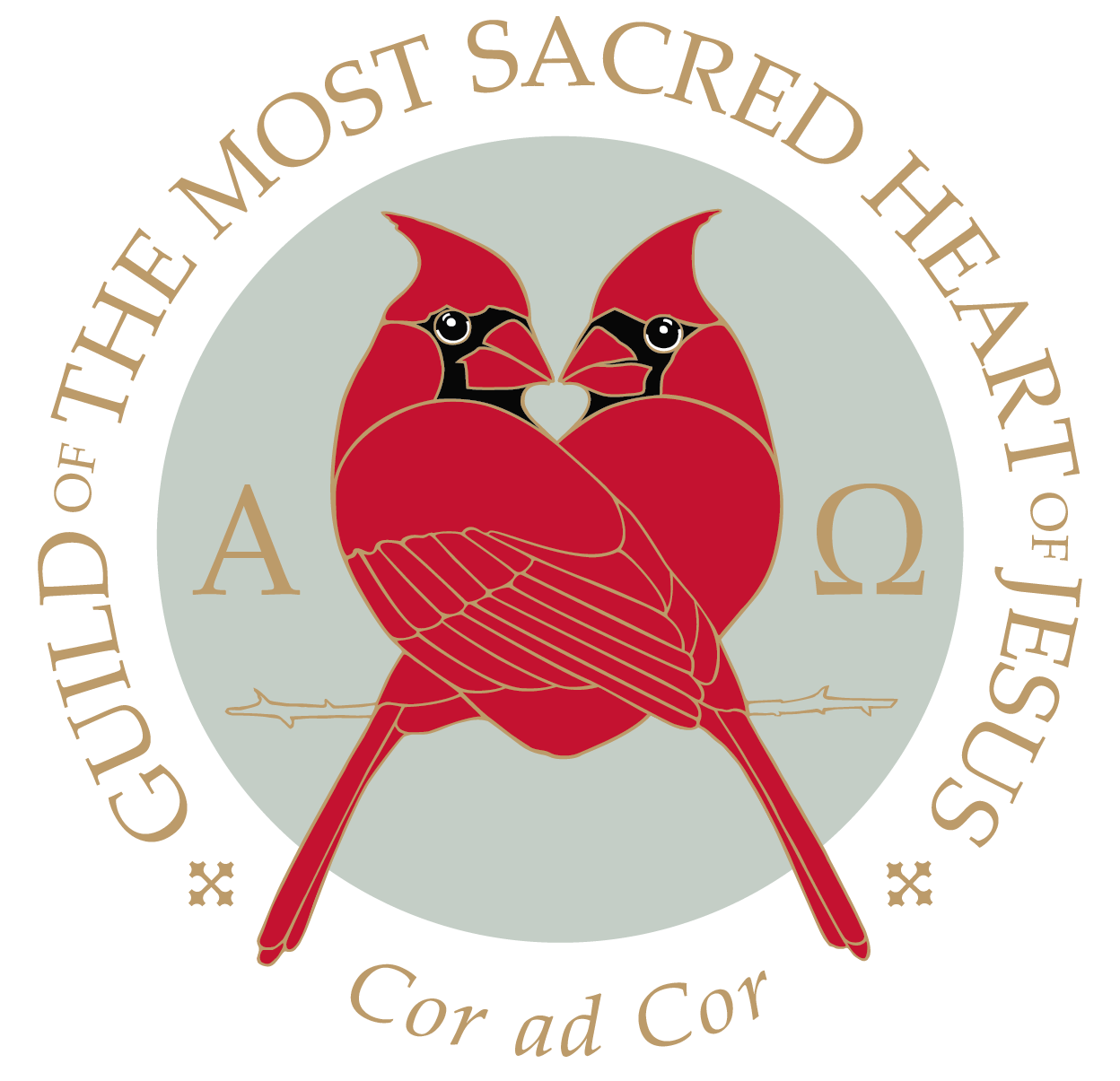
|
The Word of God is not simply the Bible: that seems to be a theme of our readings recently. The Tradition of the Church is also the Word of God, which we have to receive in good soil as the parable tells us. Christ is received as much in the Sacraments as in the Words of Sacred Scripture. But that encounter with the Word is what urges St. Paul to persevere in all of his trials. He explains why: after giving us the very personal details of his beatings, shipwreck and torture; his physical and spiritual trials, he rather abruptly starts recounting a remarkable mystical experience – in the third person – as if he’s speaking about someone else. “There’s a man I know who 14 years ago was taken up to the third heaven.” What does he mean by being “taken up to the third heaven?” How many heavens are there?
This part is relatively easy to interpret, in fact. Remember that in Greek, heaven can refer both to a spiritual idea but also the physical reality of the firmament: the first heaven is therefore the sky above our heads where the birds fly. The second heaven is outer space, where the stars and the planets and the comets exist. The third heaven is unseen. It is God’s realm, the realm of pure spirit.
When St. Paul tells us in no uncertain terms that he has been taken up to the third heaven, he means that he has had an experience and encounter with God Himself. In other words, the deepest form of prayer there is: contemplation. He has been taken up into paradise, seeing and hearing things that no mortal can bear. This experience of the Word unmediated, is what gives St. Paul the authority to persevere and the ability to endure all the trials the world has to offer. He has had that experience of contemplation, and it allows him to even rejoice in his physical trials. And the spiritual trials, the ones which perturbed even him more than his physical trials, he describes as the thorn in the flesh. He prays three times for the thorn to be removed from him and receives the most consoling answer ever given to anyone, “My grace is sufficient for you.”
It is this contemplation that gives Paul the energy and the drive to persevere. Contemplation is something available to all of us and something that you and I all need to aspire to. It is not always easy. I would like to share with you a deeply personal account of contemplation I once experienced – and the resonance with St. Paul’s account has never left me. It occurred in Palazzola, in Italy, in the chapel of my seminary. It happened only one time – and I never expect to experience it again. Pure contemplation is that state of the soul where everything physical falls away. As St. Paul puts it, “in the body or out the body? I don’t know. God knows.”
He says it twice to emphasize it. Pure contemplation. You do not know if you are alive or dead, you do not know where you are. You do not know how long you have been there.
Pure contemplation is just the knowledge of being in the presence of light, and the presence of light is God himself. You do not know how you got there, why you got there, how long you are going to be there, whether you are cold or thirsty or hungry. Any and all of this sense data has gone away. Pure contemplation is simply resting in the bosom of the Father, knowing that you are loved and that He is good. Those two things, and that is it. Simple, nothing else. And everything flows from that. For St. Paul, it is what drives him. It is what gives him the impetus to endure all these physical trials that would have made a lesser man surrender a long time ago. It also gives him the courage to face the temptations in the flesh that he experiences, the spiritual trials that God has given to him.
One final thought. Many, many, many people will say to a priest, “Father, I’m always tempted by the same thing. I commit the same sins my whole life. I never seem to be getting anywhere.” This Epistle is for you. The thorn in the flesh is precisely that kind of temptation. Why does God permit it? He permits it, because it is tailor-made for you. Whatever your ongoing temptation is, that vice is related to an opposing virtue. God permits the chastening of temptation in order to perfect the opposite virtue – because that opposite virtue is what you were made for – perhaps in an exemplary way. So, if your temptation is to be short-tempered, God sees you as somebody who is very patient and that is what you should be working towards. If your vice is greed, God sees you as generous. If your vice is lack of chastity, then God in fact sees you as that is the thing which you have as a saint. That’s how God sees you, which is why he permits you to be tried and tested time and time again refined over and over like gold in the fire, each time brighter and more perfect. So, overcome your thorns in the flesh by practicing the opposite virtue. Perhaps you might even pray for the thorn to be taken away, like St. Paul did. Perhaps God will. But more likely is that you will receive the same response from God, “My grace is sufficient for you.“
PRAY
